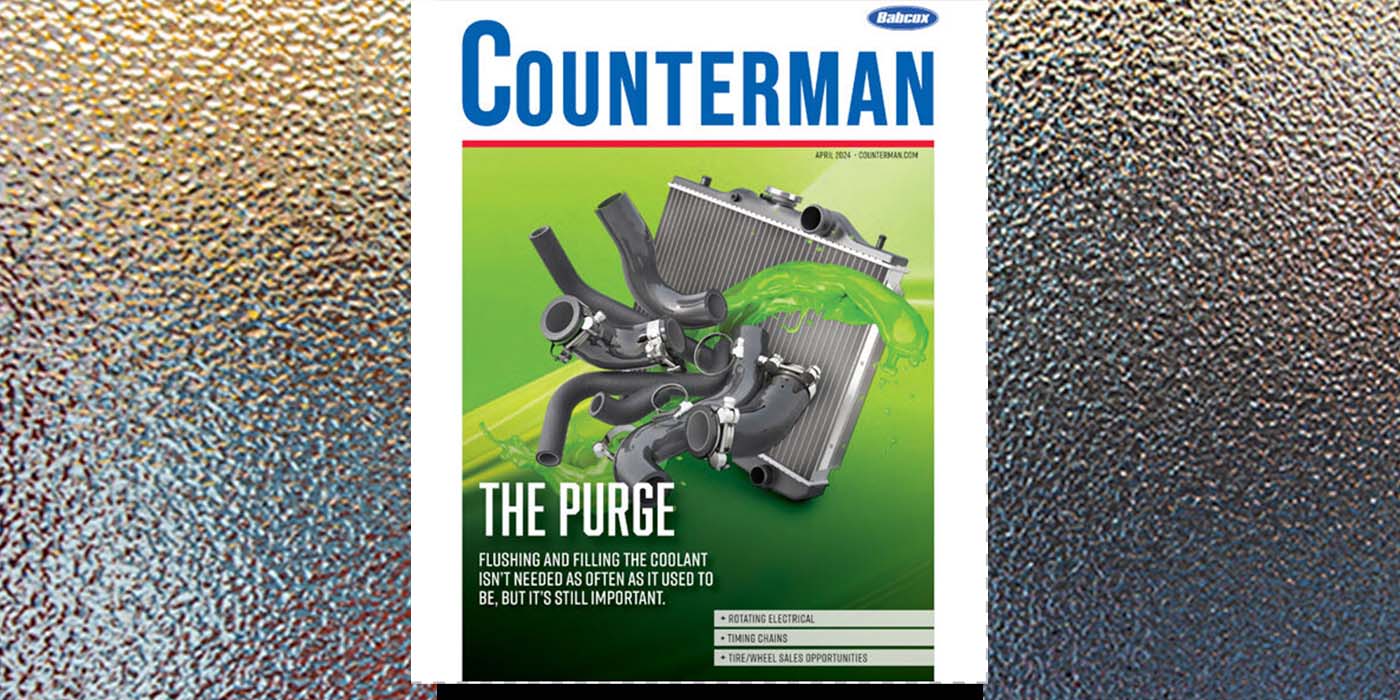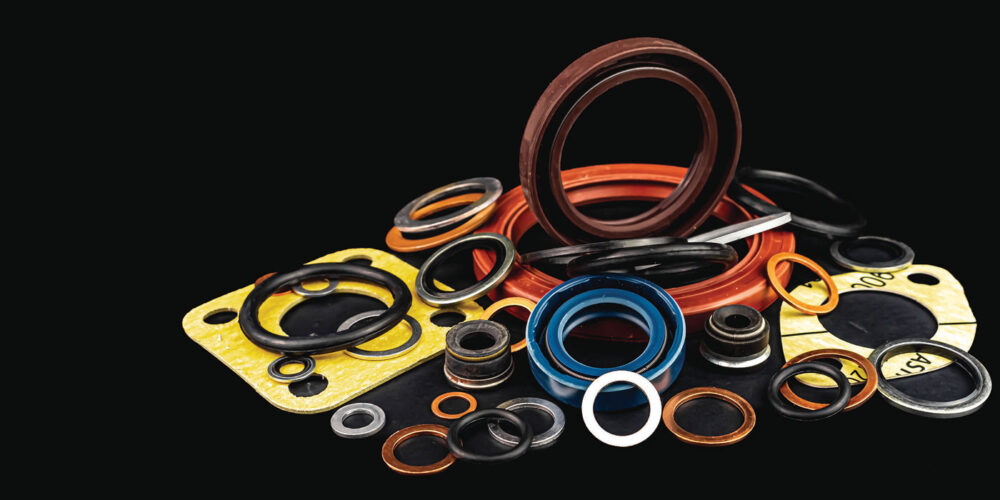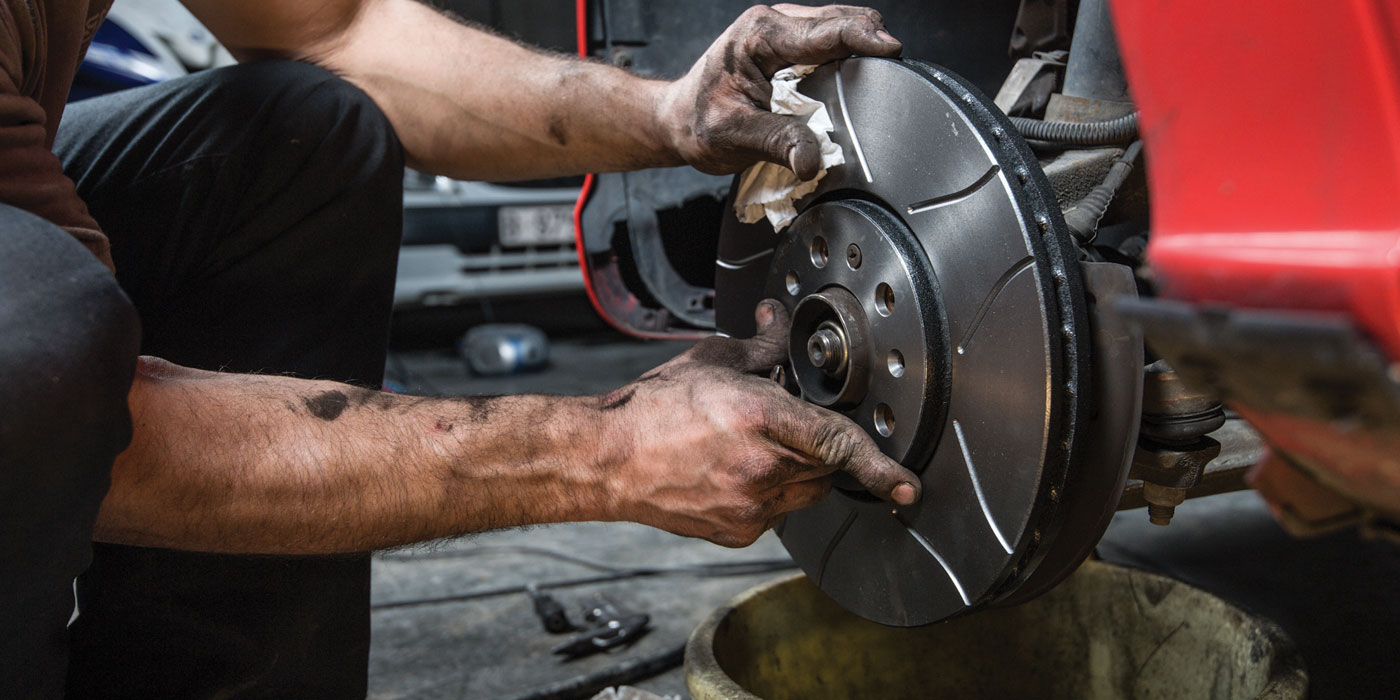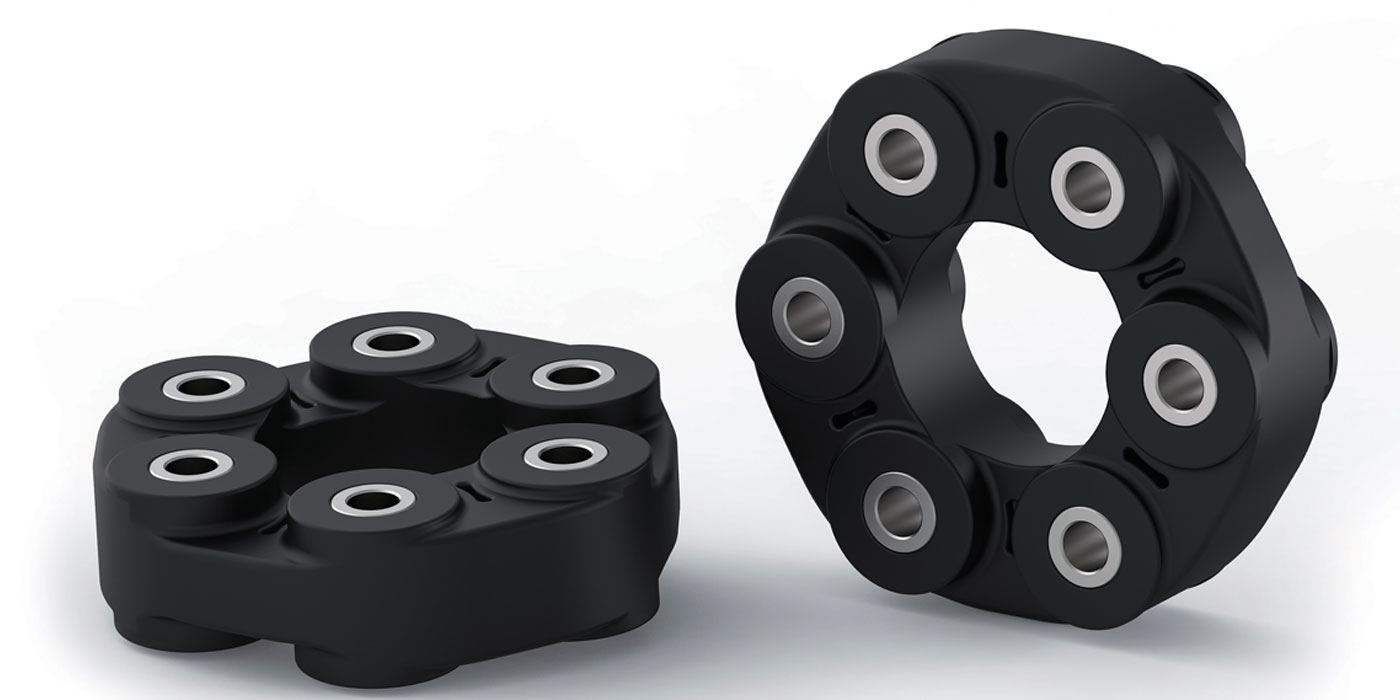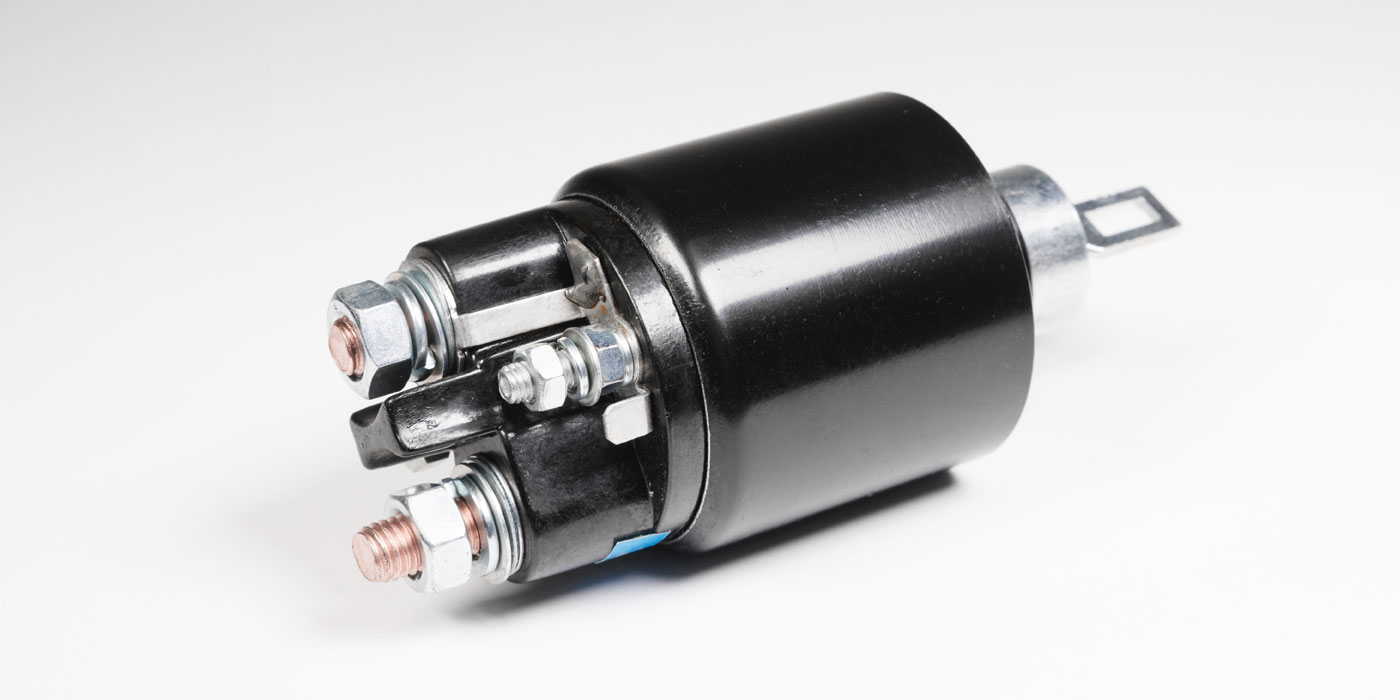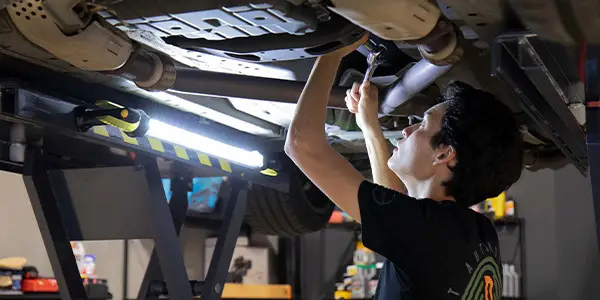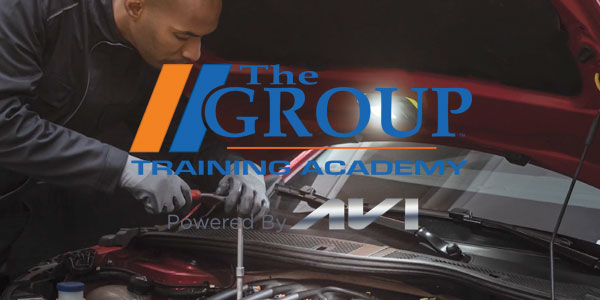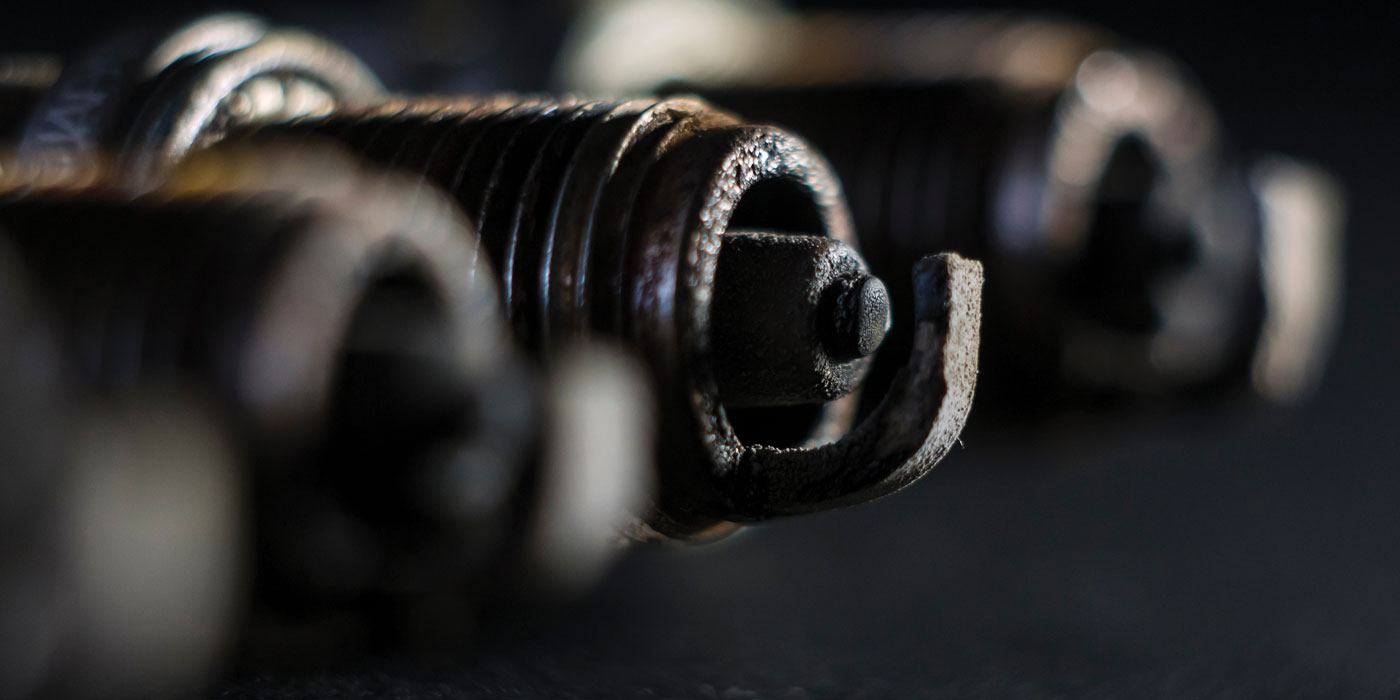Counter pros should be prepared to offer value-added services, but they also need to know when to say ‘no.’
In Counter View, I often refer to parts specialists as “those of us behind the counter.” In reality, there’s an awful lot that we do that happens well-away from the comfort of our workstations.
Ours is essentially a service industry, and we provide many valuable services beyond looking up and handing out replacement parts. These value-added services help differentiate us from our competition within the aftermarket.
The days of every parts store offering machine-shop services in the back room are long gone, and I think it’s increasingly rare to find a store that still turns drums and rotors, much less resurfaces flywheels. However, there are still a number of services that accompany many of our sales, and the counter professional needs to be well-prepared, well-equipped and well-trained to respond to these service-related requests. And they need to know when to say “no” too!
More than any other replacement part, wiper blades seem to come with an expectation that the price quoted includes installation. Wiper attachment styles have become more varied and complex in recent years, and it practically requires a degree in engineering to service a rear wiper blade these days. I used to question how a grown adult could make it through life without ever learning how to replace a wiper blade, but slowly realized that even the most hardcore do-it-yourselfer becomes a DIFMer when it’s raining sideways or snowing in your parking lot.

While wipers are a relatively low-effort, low-risk installation, other components may require extensive time and effort to replace. Many stores offer free battery testing and installation, but these services can easily lead to trouble if your staff (and the customer) aren’t aware of just what they’re getting into. Our store had strict policies when it came to certain vehicles, such as GM cars with the fender cross-brace directly over the battery, Chrysler products with the battery behind the front wheelwell and anything with a battery mounted under the back seat. The additional time and effort required to replace these batteries can result in excessive time away from the counter (and other customers), and also may lead to damage to other components. Sometimes it’s best to refer the customer to a nearby repair facility.
The same common-sense rules apply to many headlamp-bulb installations. While many turn-signal and taillamp bulbs are still easily accessed with just a Phillips or Torx screwdriver, headlamp bulbs are becoming increasingly difficult to access and replace. Coupled with their sensitivity to the natural oils on our fingers, replacement of these capsules should only be
offered on a case-by-case basis.
Customers come to us not only for our products and prices, but also for our expertise. When we’re asked to perform a “parking lot repair,” sometimes our greatest asset is the ability to give sound advice instead of a helping hand.


